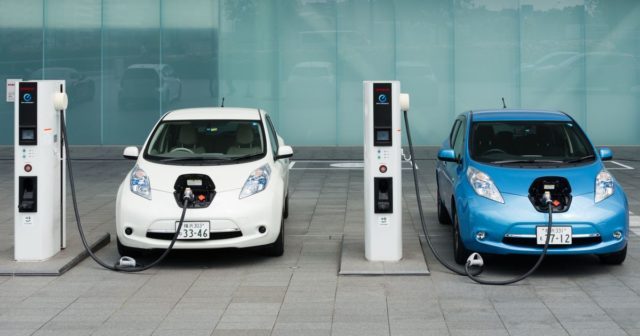The Costa Rican Institute of Electricity (ICE) reported that it is working on a business model that allows it to monetize the electric vehicle charging service. Until now, users of these vehicles can go to the stations and recharge at no cost.
Currently the institute has 74 recharging stations, of which 38 are fast and 36 semi-fast. According to the institution, this quantity and distribution allow the movement of this type of vehicle throughout the national territory.
“ICE designs business models to monetize the service and massify it in hotels, shops, restaurants and public access spaces, while planning the installation of more chargers with the private sector,” the institute said in a press release.
The Institute’s Electricity Manager, Roberto Quirós, pointed out that they intend to give corporate governance to this service. This, in turn, will allow them to develop and monitor related projects.
According to the institute, they have invested close to $2 million since 2019, which includes the maintenance and rehabilitation of points out of service. It also reported that in the short term a breakdown service and rapid response center will be implemented for the use of chargers and it is intended to speed up the purchase of spare parts in the country.

Exemption from taxes on these vehicles
Importing these vehicles to Costa Rica has a number of benefits, including tax exemptions. This was decided by the deputies since 2018 in order to promote the growth of this fleet. This includes cars, bicycles, motorcycles, machinery, among others.
The benefits are granted whether new or used, but less than five years old. It started after the “Regulations to Chapter III of Law No. 9518, Law of Incentives and Promotion for Public Transport” was published in La Gaceta. The law was approved in 2018, but in April 2022 a reform was made and the benefits were expanded.
The incentives established in the law and regulated in the new regulation are:
- VAT: Only 1% is charged during the first fiscal period in which the regulation is issued, then it will increase by 1% for each fiscal period until reaching the general rate
- Selective consumption tax: For 36 months they will be exempt from the current rate, then the reduction will be 75% for up to 36 months, an equal period will be 50% and then another 25%.
Vehicle property tax: As of the second fiscal period, the exemption will be 20% per year, until reaching the general rate.

For those who have experienced shifts in consciousness and know that more peace, joy, and love awaits in a better living environment. A bold shared vision. A living community and hub for innovation. A sustainable ecosystem for living and working. A model for the new future.
